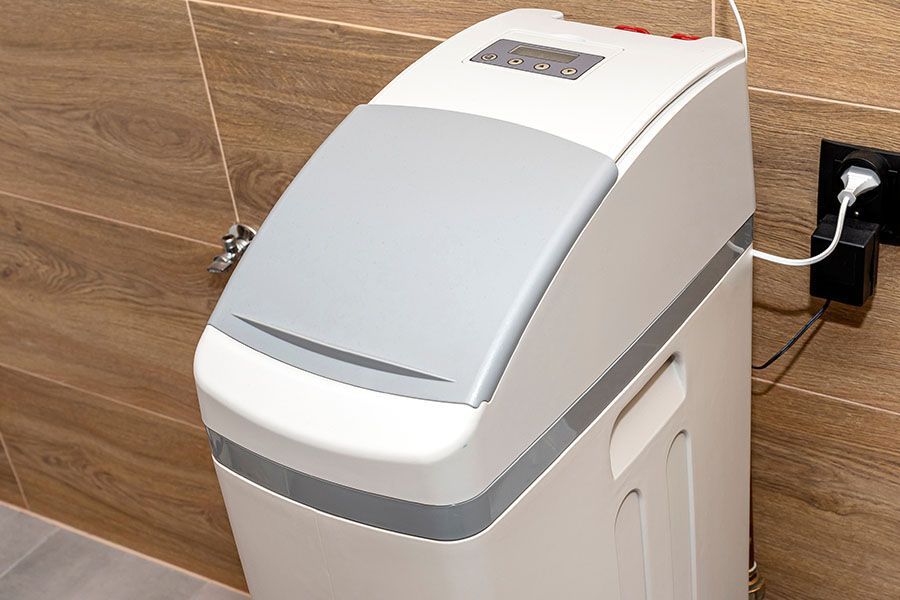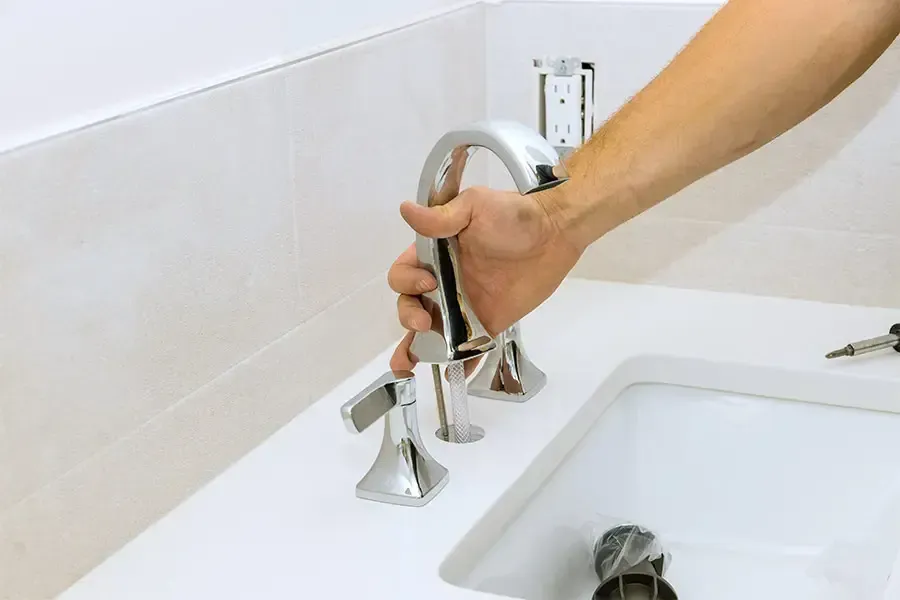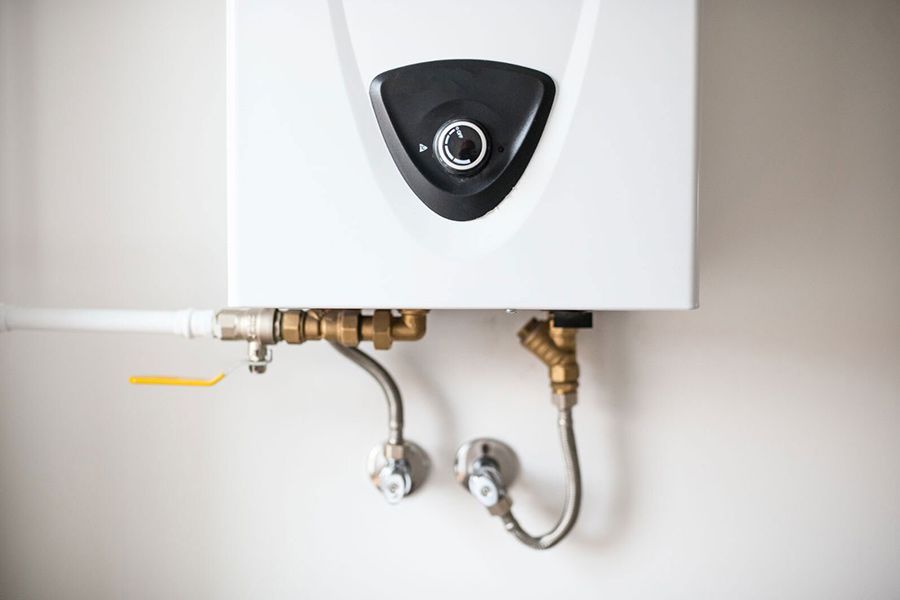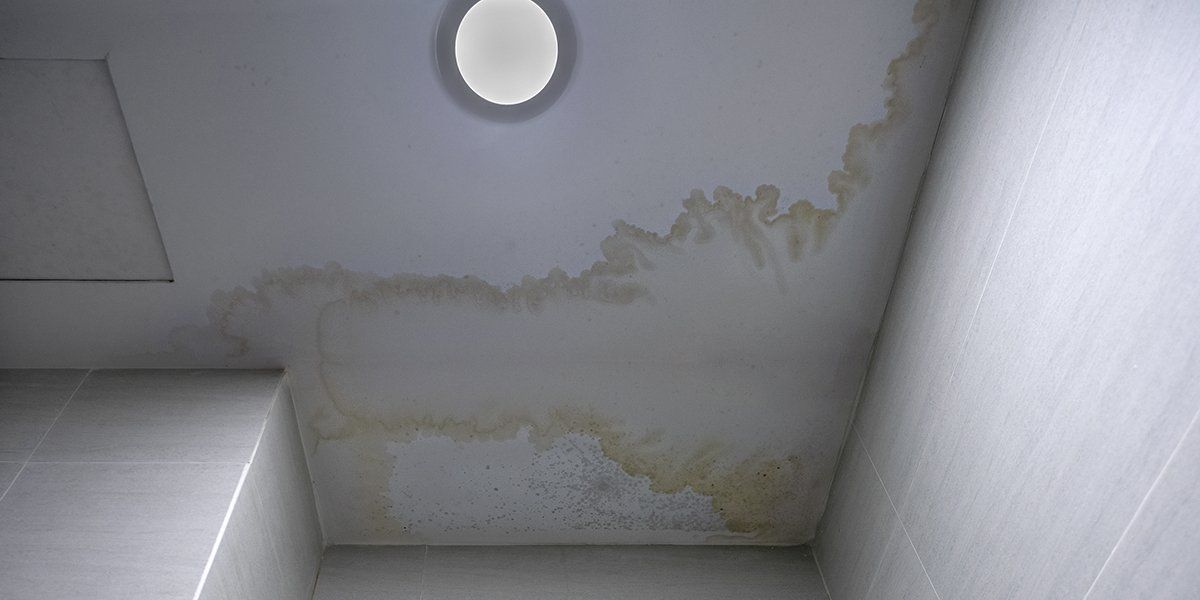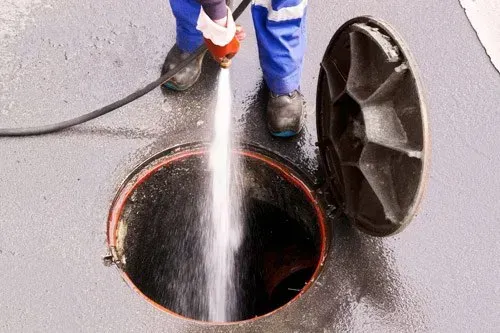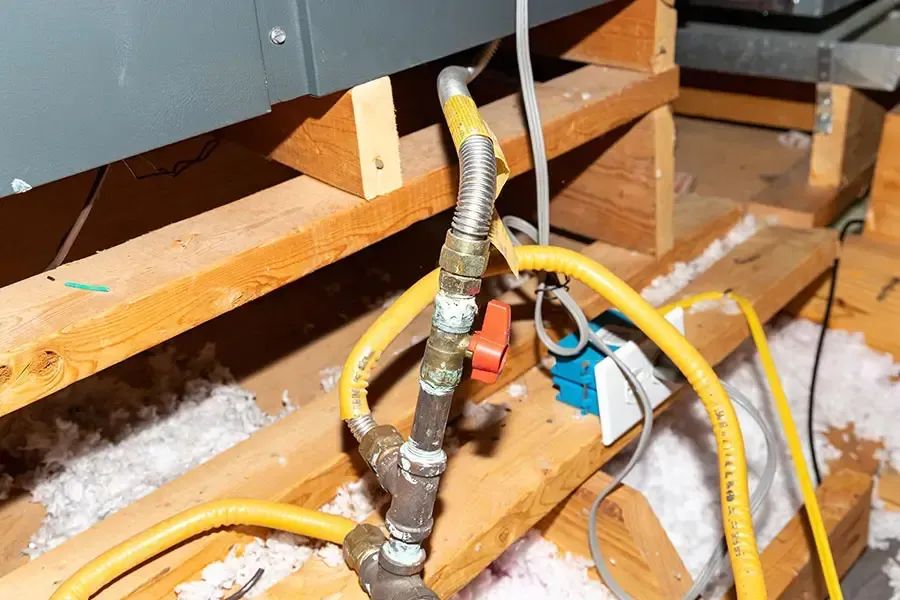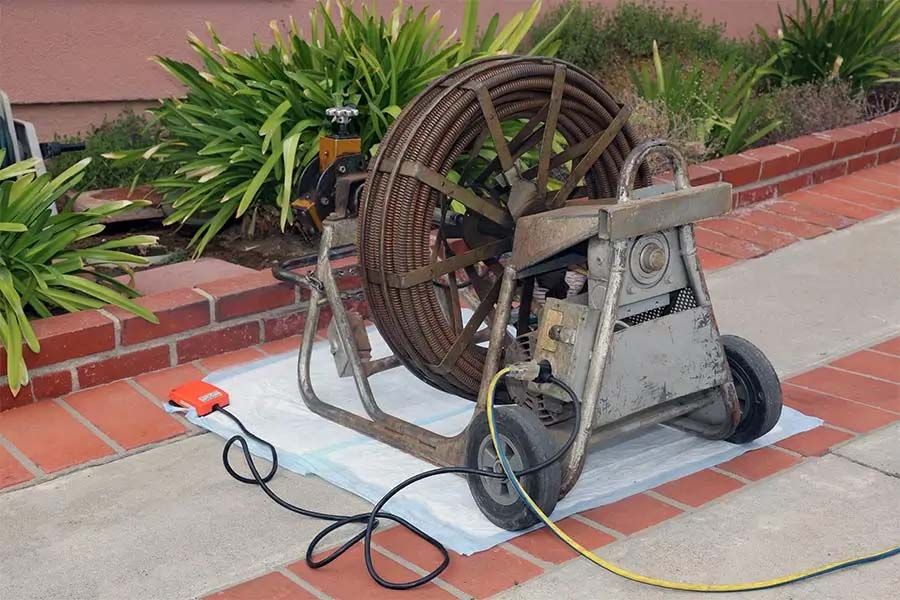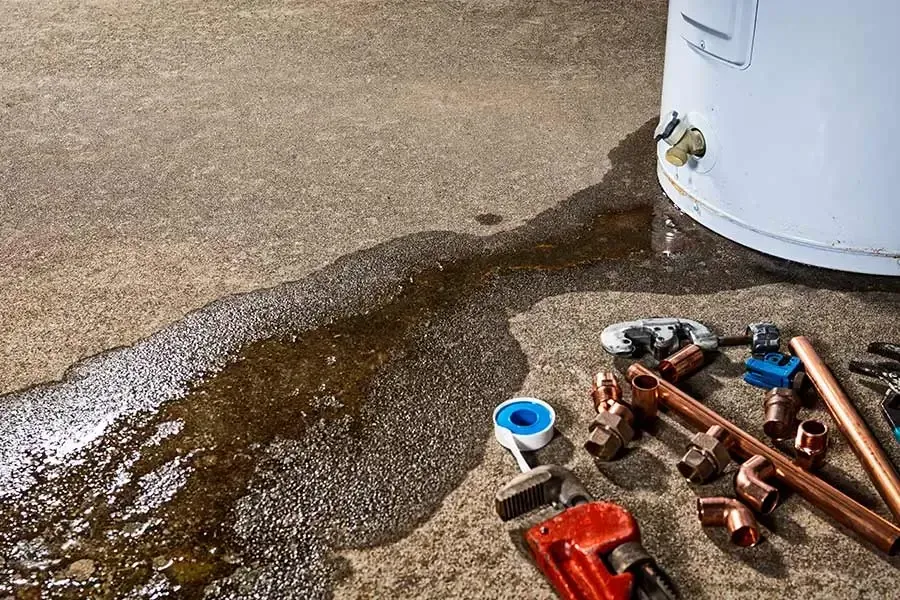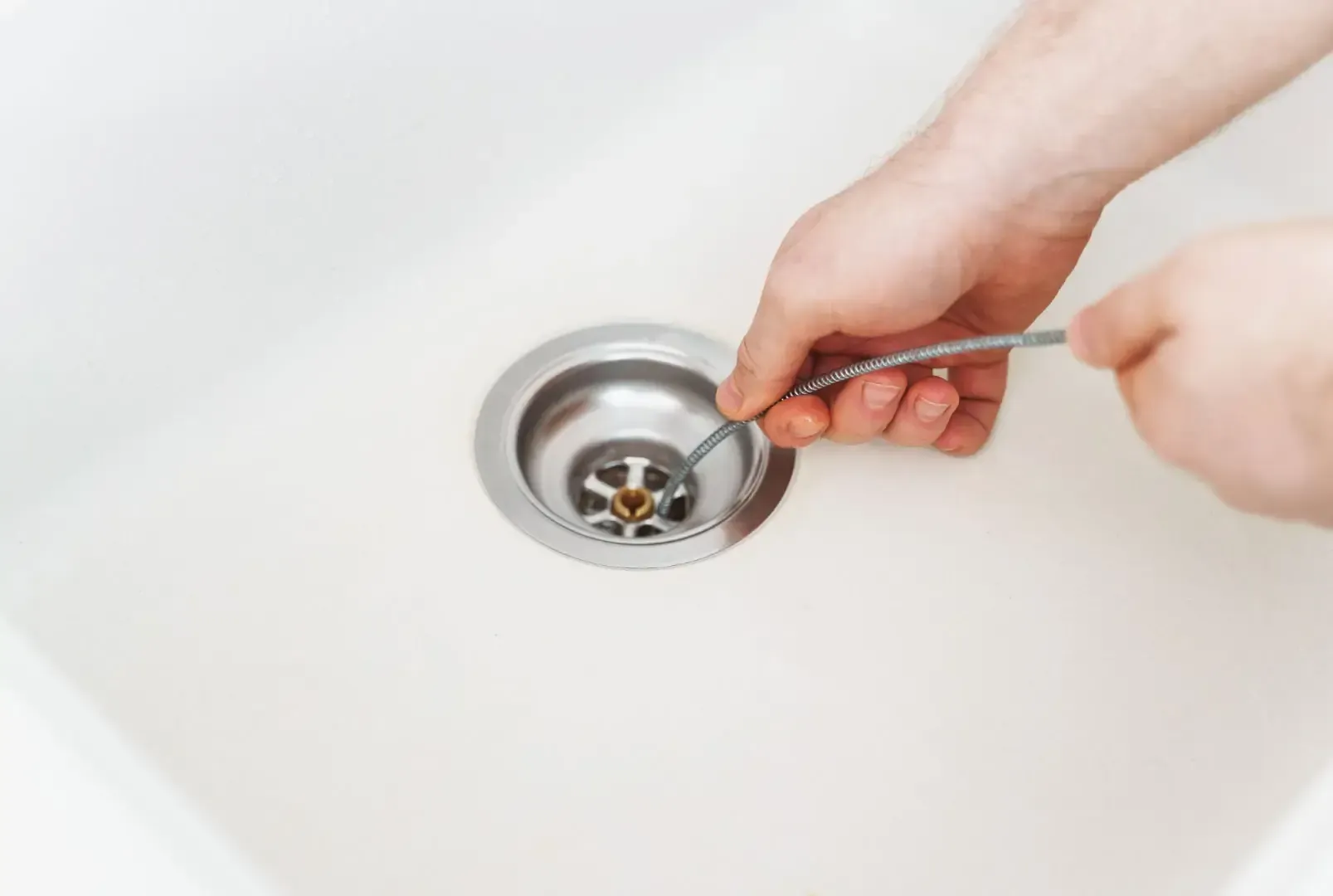The Pros and Cons of Different Types of Plumbing Pipes
Are you thinking of repiping your property’s plumbing network? If so, you should be able to make an informed decision after learning the pros and cons of the various plumbing pipe materials on offer.
Formica Plumbing & Sewer Co.’s expert plumbers in Euclid, Ohio, work with all sorts of plumbing materials, each of which has its own unique properties. The team shares the most popular pipe material options below, including what value each brings to a plumbing system.
Cross-Linked Polyethylene Pipes
PEX pipes are one of the more recent innovations in plumbing. Professional plumbers easily install and repair these plastic pipes, even in hard-to-access spaces that require intricate or interwoven designs.
Perks
PEX earned its place as a modern pipe material favorite for numerous reasons, of which the top one is its malleability at difficult connection points. It’s also a plus that you can easily shut off the water supply since each PEX pipe has its own valve. Plumbers also appreciate the option of coordinating colors to organize the different types of plumbing pipes in your PEX network.
Drawbacks
While PEX is flexible and versatile, it is not adaptable. You can only install it in indoor supply networks because it can’t weather constant temperature fluctuations nor excessive waste. You also can’t reuse or recycle the material.
Polyvinyl Chloride Pipes
You might recognize PVC pipes as one of the most common plumbing materials. Many plumbers install PVC for sewage or wastewater networks. Still, it might be unsuitable for some areas in your property’s plumbing network.
Perks
Plumbers love PVC piping because each section of pipe clearly displays the size specifications, simplifying installation and replacement jobs. PVC doesn’t corrode or rust, and its smooth interior hampers mineral buildup. This sturdiness enables PVC to easily withstand high pressure and outdoor usage.
Drawbacks
Although PVC is commonly used in Euclid households, you might want to avoid it if you are concerned about water quality. There’s some evidence that PVC may release microplastics as it ages. The plastic structure could also warp or melt under excessively hot temperatures.
Copper Pipes
Over the decades, copper pipes have become increasingly popular due to growing environmental and water-quality concerns. Some property owners prefer copper for exposed pipes because of its attractive metallic sheen. It also comes in hard and soft options, making it adaptable for most plumbing network needs.
Perks
Copper is among the cleanest pipe options. It doesn’t rust or leach particulates into the water supply, which means purer water through your taps. If you prize sustainability, you’ll love copper piping’s eco-friendliness, as you can recycle it.
Drawbacks
Unfortunately, copper’s expense is front-and-center. Still, this otherwise perfect piping material comes at that sharp price because:
- It requires blow torches and welding techniques to bend into the plumbing network.
- Copper prices fluctuate with the commodities market.
- Installation can take longer, pushing up labor charges.
If you want a more budget-friendly option, choose PVC or PEX over copper.
Cast-Iron Pipes
Sturdy cast-iron pipes are a time-tested plumbing solution compared to other types of plumbing pipes we’ve listed. Cast iron can last up to a century when properly maintained. However, this longevity isn’t always healthy for your plumbing system’s performance.
Perks
Plumbers have used cast iron for centuries because of its undeniable rugged durability. The material’s thickness and soundness mean it reduces noise when water runs through it. All of these qualities make it perfect for heavy-duty drainage networks.
Drawbacks
While you’d enjoy cast-iron plumbing for decades, you shouldn’t install it in supply networks. Iron pipes might last for up to a century, but they start rusting much sooner. They could deliver corroded particles into your drinking water as early as 25 years following installation.
Stainless Steel Pipes
Many older homes in Euclid, Ohio, feature galvanized steel pipes, which can stand the test of time. However, newer homes contain alternative options, like stainless steel and flexi-piping. Stainless steel is a great option in general.
Perks
Like copper piping, stainless steel resists corrosion and keeps your tap water immaculate. These pipes can last almost as long as cast iron, which is why so many homeowners and business owners prefer this material over other options.
Drawbacks
Stainless steel’s pitfalls match those of other metal pipe materials – it isn’t flexible and it might cost more to purchase and install than PVC or PEX. Its price hinges on its quality, though. Purchasing less expensive materials might mean lower costs, but it will also mean you’re choosing poor-quality plumbing.
Why You Don’t Want To Use These Modern Pipe Materials in Euclid, Ohio
If you’re looking at the types of plumbing pipes on offer, you might wonder about options like brass, acrylonitrile butadiene styrene, or lead. Let’s take a look.
Brass Pipes
Brass is definitely a suitable option for households in the Euclid area. The material’s pros and cons reflect those of copper and other metals, but it costs even more than copper, which puts pressure on a budget.
Acrylonitrile Butadiene Styrene Pipes
ABS pipes were once popular, but quickly lost favor because of their characteristic susceptibility to warping. The material also degrades after prolonged exposure to the elements. You can still purchase or reuse these pipes to repair ABS systems.
Lead Pipes
While it doesn’t readily rust, lead does break down. Unfortunately, tiny lead particles tend to leach into the water supply as water flows through the pipes. The Environmental Protection Agency called for lead-free plumbing pipes in its 2020 regulation update due to poisoning concerns, particularly in young children, so you can no longer install lead pipes.
Learn Which Types of Plumbing Pipes Work Best for Your Euclid Property With Formica Plumbing & Sewer Co.
Are you wondering which types of plumbing pipes to pick for upcoming plumbing upgrades in Euclid, Ohio? Not all materials perform well in every environment or fit snugly into a tight budget. Why not leverage our plumbers’ extensive knowledge about which materials best serve your needs and current plumbing setup?
Call us to schedule services with Formica Plumbing & Sewer Co. or get 24-hour services for plumbing emergencies in Euclid, Ohio.
Author Bio:
Matt Formica
He worked side by side with his cousin, Frank D. and sister Linda, in the office. The company has grown and now has six vans helping the surrounding communities with plumbing and sewer issues.
